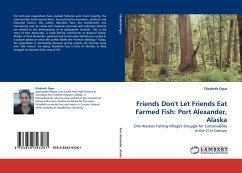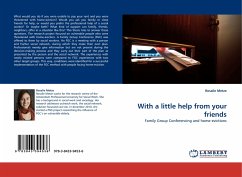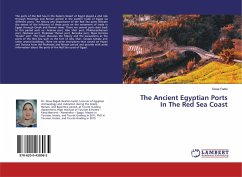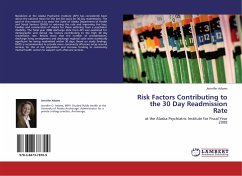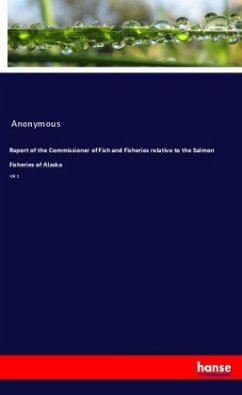For centuries researchers have studied fisheries and, more recently, the communities built around them. Accounting for economic, political, and historical factors, this author describes how the mechanisms one community uses to create and maintain personal and collective identity are related to the demography of its geographic location. This is the story of Port Alexander, a small fishing community on Baranof Island, Alaska. In Port Alexander, personal and community identity are rooted in a culture based on what the author labels the "frontier ideology." Today, the population is decreasing because young people are moving away and old- timers are dying. Residents face a crisis of identity, as they struggle to maintain their way of life.

